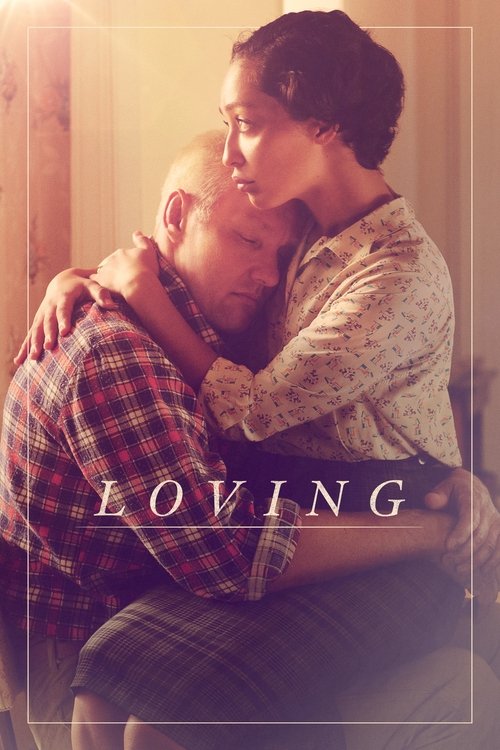
Title: Loving
Year: 2016
Director: Jeff Nichols
Writer: Jeff Nichols
Cast: Joel Edgerton (Richard Loving), Ruth Negga (Mildred Loving), Michael Shannon (Grey Villet), Marton Csokas (Sheriff Brooks), Nick Kroll (Bernie Cohen),
Runtime: 123 min.
Synopsis: The story of Richard and Mildred Loving, an interracial couple, whose challenge of their anti-miscegenation arrest for their marriage in Virginia led to a legal battle that would end at the US Supreme Court.
Rating: 6.701/10